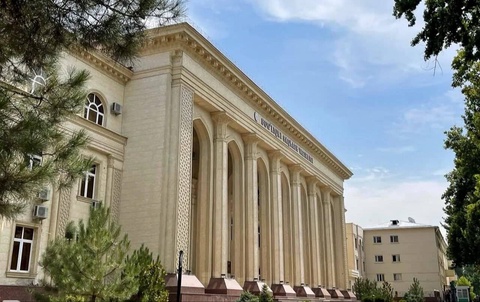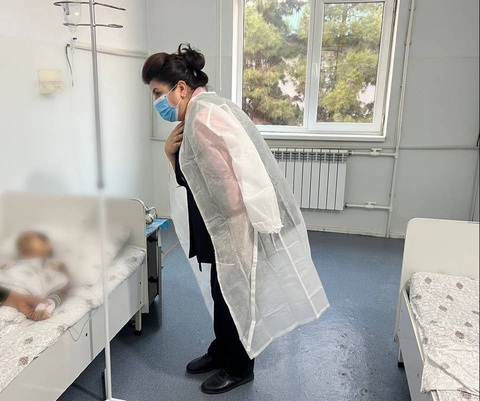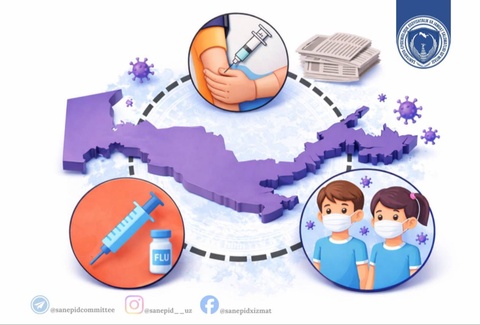According to the Ministry of Health of Uzbekistan, with reference to WHO, improper nutrition or overeating in the month of Ramadan can harm the body. However, proper fasting can help people lose weight, lower blood pressure and cholesterol levels.
First of all, it is recommended to drink more water between iftar and suhur. High daytime temperatures can cause profuse sweating. Therefore, it is important to replenish the moisture lost during the day.
It is also recommended to eat berries and fruits containing a large amount of liquid. They can be consumed as a dessert at dawn or after waking up. It is worth paying attention to vegetables with a high water content. For example, the national salad "achik-chuchuk" will have to be served during lent.
The Ministry of Health also recommends giving preference to soups rather than second courses. During fasting, it is also necessary to avoid foods containing caffeine. The diuretic properties of tea, coffee or soda can lead to dehydration.
During fasting, it is worth avoiding heavy physical exertion. After all, heavy traffic during the day leads to the loss of a lot of water. It is also not recommended to sit motionless all day. A short walk or jog will help you keep fit.
You should not skip the morning meal during Ramadan, especially for the elderly, teenagers, pregnant women, nursing mothers and children.
As a light breakfast, it is useful to eat protein-rich foods (unsalted cheese, cottage cheese, milk or eggs) and whole grains, in particular grain bread, brown rice, cereals, oats.
The Ministry of Health warns that there is a category of people for whom fasting is contraindicated and can be harmful to health. These are those who have undergone surgery, suffer from severe diseases of the cardiovascular system, kidneys and liver, as well as diabetes mellitus, which requires constant medication.
In addition, you cannot starve with certain types of tuberculosis and oncological diseases, which are accompanied by pain and require regular intake of painkillers.













